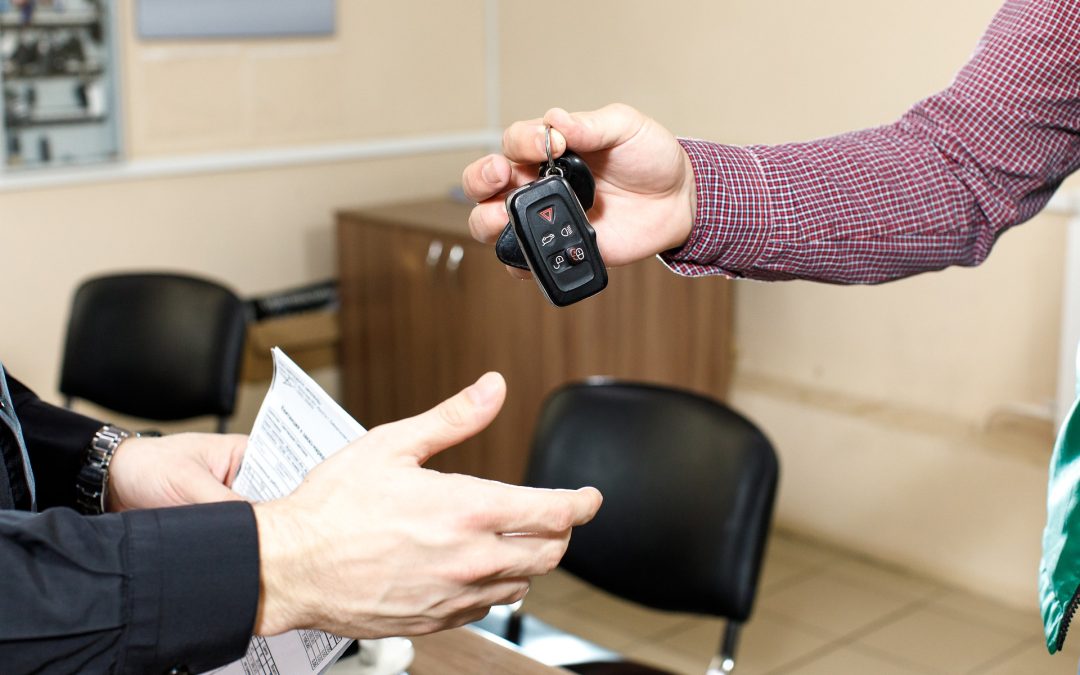The short answer to that question is yes. It really doesn’t matter whether the car is repossessed by being towed out of your driveway in the middle of the night, or whether you voluntarily and cooperatively turn over the car to the lender because you couldn’t afford to make the payment.
If the lender sells your vehicle for less than you owe on it, you will be responsible legally for paying the difference (otherwise known as a deficiency). This is a little less of a problem in recent months due to car shortages, there tends to be more equity in vehicles than there has been in the past, meaning the lender in many cases can sell the car for more than you owe on it. The good news is that filing for bankruptcy will discharge a deficiency judgment against you.
It is recommended to never trade in a vehicle with negative equity and add it to your current vehicle loan. This forces you as the borrower to be in a position where you cannot sell it for more than you owe on it. Typically, that is usually accompanied with a high monthly payment. It also puts you in a position where if the car has mechanical issues it makes it even harder to get rid of it because you can’t break even if you sell it.
If you do have any questions about prior vehicle repossessions or if you are considering turning in your car, feel free to contact our office to discuss your options.








